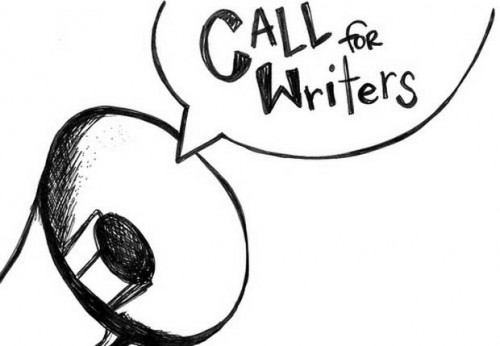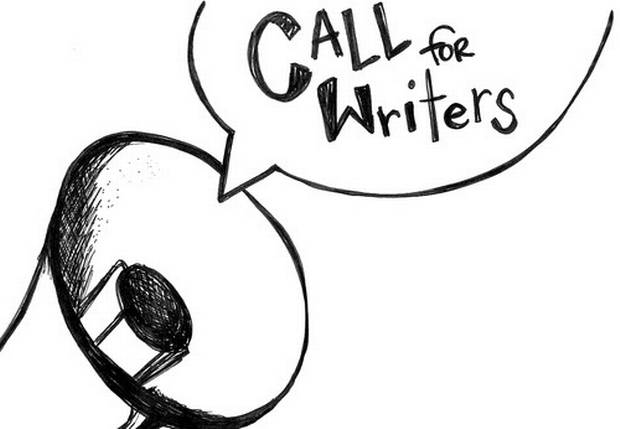Our theme week for October 2014 will be Demon/Spirit Possession.
Halloween is upon us, so it’s time to contemplate the prolific theme of demon/spirit possession in film and on TV. Why is this such a prevalent theme? In many ways, possession explains evil as something separate from ourselves, something that infects us, which dichotomizes good and evil. An example of this is the separation between Angel and Angelus in both the shows Buffy the Vampire Slayer and Angel. In this case, vampirism is used as a metaphor for addiction; it is something that happens to Angel, taking away his subjectivity and rendering him choiceless. Another prime example is Bob from Twin Peaks, an evil spirit who possesses victims, compelling them to perform depraved acts of violence, sexual deviance, and destruction.
Does separating evil from the person who performs the act actually explain the “evil” itself, or does it simply make excuses for bad and, sometimes, inexplicably cruel behavior?
Another permutation of possession creates a binary between innocence and evil, which we see in films focusing on child possession (The Exorcist, The Children, and Village of the Damned). These types of films articulate discomfort surrounding the loss of innocence as well as a generalized fear of children, representing them as unknowable and even alien. The question sometimes arises, “Are they even possessed, or are children by nature this wicked and amoral?”
In possession themed media, we also see a binary between innocence and sexuality. This example occurs particularly when young women are the victims of possession. Such films allow forbidden sexual desires to be acted out on film giving the audience voyeuristic indulgence like in the case of Jennifer’s Body or Witchboard while iterating a cultural fear of female sexuality in young women. In these cases, female sexuality is seen as dangerous and uncontrollable, powerful, and without boundaries.
In any of these types of possession film, punishment is very often an underlying theme. The possessed person punishes those around them and is simultaneously punished as a consequence of the spirit or demon’s disregard for its host’s health, relationships, or life. It’s worthwhile to consider why these narratives single out certain people or groups for punishment.
Feel free to use the examples below to inspire your writing on this subject, or choose your own source material.
We’d like to avoid as much overlap as possible for this theme, so get your proposals in early if you know which film you’d like to write about. We accept both original pieces and cross-posts, and we respond to queries within a week.
Most of our pieces are between 1,000 and 2,000 words, and include links and images. Please send your piece as a Microsoft Word document to btchflcks[at]gmail[dot]com, including links to all images, and include a 2- to 3-sentence bio.
If you have written for us before, please indicate that in your proposal, and if not, send a writing sample if possible.
Please be familiar with our publication and look over recent and popular posts to get an idea of Bitch Flicks’ style and purpose. We encourage writers to use our search function to see if your topic has been written about before, and link when appropriate (hyperlinks to sources are welcome, as well).
The final due date for these submissions is Friday, October 24 by midnight.
The Exorcist
Witchboard
The Evil Dead
Evil Dead II
Army of Darkness
Game of Thrones
The Children
Child’s Play
Christine
The Prophecy
Ghost
The Lovely Bones
The Exorcism of Emily Rose
All of Me
Jennifer’s Body
The Possession
American Horror Story
Fallen
Satan’s Baby Doll
Supernatural
House
Rock ‘n’ Roll Nightmare
Constantine
The Shining
Twin Peaks
The Amityville Horror
Paranormal Activity
This is The End
Buffy the Vampire Slayer
Angel
Ghostbusters II















